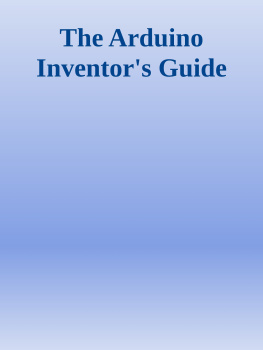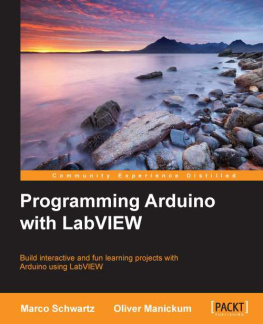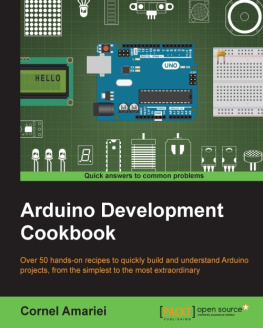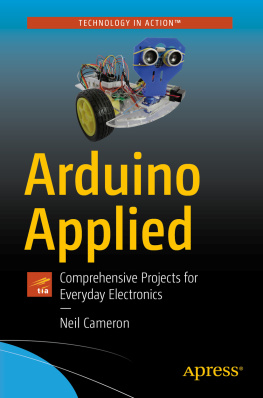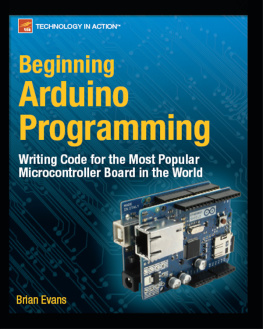Spahic - Arduino Without Prior Knowledge: Create your own first project within 7 days
Here you can read online Spahic - Arduino Without Prior Knowledge: Create your own first project within 7 days full text of the book (entire story) in english for free. Download pdf and epub, get meaning, cover and reviews about this ebook. year: 2020, genre: Children. Description of the work, (preface) as well as reviews are available. Best literature library LitArk.com created for fans of good reading and offers a wide selection of genres:
Romance novel
Science fiction
Adventure
Detective
Science
History
Home and family
Prose
Art
Politics
Computer
Non-fiction
Religion
Business
Children
Humor
Choose a favorite category and find really read worthwhile books. Enjoy immersion in the world of imagination, feel the emotions of the characters or learn something new for yourself, make an fascinating discovery.

Arduino Without Prior Knowledge: Create your own first project within 7 days: summary, description and annotation
We offer to read an annotation, description, summary or preface (depends on what the author of the book "Arduino Without Prior Knowledge: Create your own first project within 7 days" wrote himself). If you haven't found the necessary information about the book — write in the comments, we will try to find it.
Spahic: author's other books
Who wrote Arduino Without Prior Knowledge: Create your own first project within 7 days? Find out the surname, the name of the author of the book and a list of all author's works by series.
Arduino Without Prior Knowledge: Create your own first project within 7 days — read online for free the complete book (whole text) full work
Below is the text of the book, divided by pages. System saving the place of the last page read, allows you to conveniently read the book "Arduino Without Prior Knowledge: Create your own first project within 7 days" online for free, without having to search again every time where you left off. Put a bookmark, and you can go to the page where you finished reading at any time.
Font size:
Interval:
Bookmark:
- Introduction
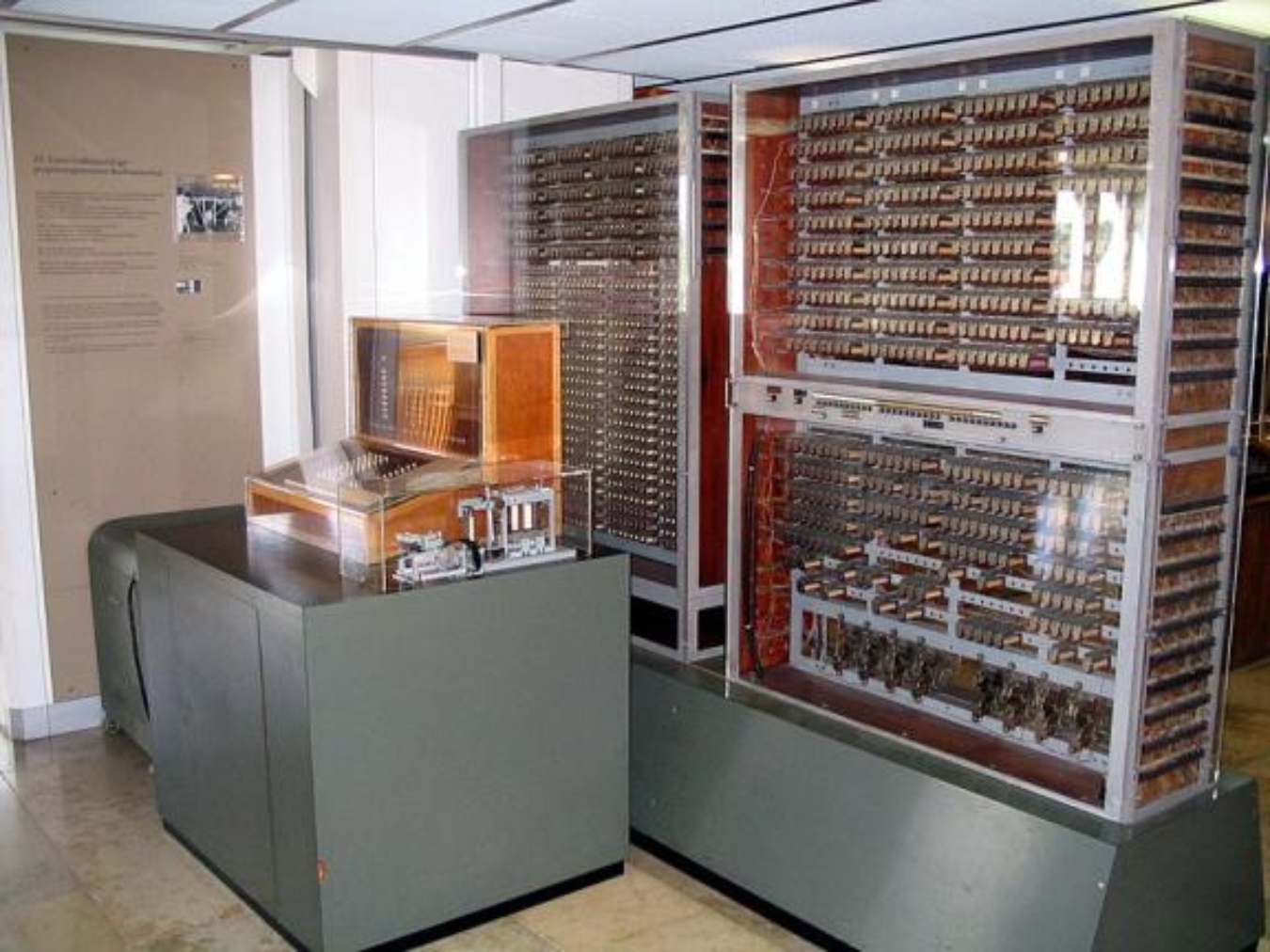
 Calculation symbols: This is where we discuss more complex aspects in excursuses or derivations. The derivation of a topic might broaden your understanding, but is not essential and rather intended for reference.
Calculation symbols: This is where we discuss more complex aspects in excursuses or derivations. The derivation of a topic might broaden your understanding, but is not essential and rather intended for reference. Light Bulb: Here, the main points of a chapter are summarized. These statements are well suited for reference or when you skim over a specific topic again.
Light Bulb: Here, the main points of a chapter are summarized. These statements are well suited for reference or when you skim over a specific topic again. Attention: Frequent errors are mentioned here. This area shows where and why obstacles or false assumptions might occur.
Attention: Frequent errors are mentioned here. This area shows where and why obstacles or false assumptions might occur. Calculator: Sample calculations or questions for comprehension and internalization.
Calculator: Sample calculations or questions for comprehension and internalization.- Fundamentals of Electrical Engineering
 Electrical potential describes the potential energy of a test charge within an electrical field. The electric field assigns a potential to every point in space.
Electrical potential describes the potential energy of a test charge within an electrical field. The electric field assigns a potential to every point in space.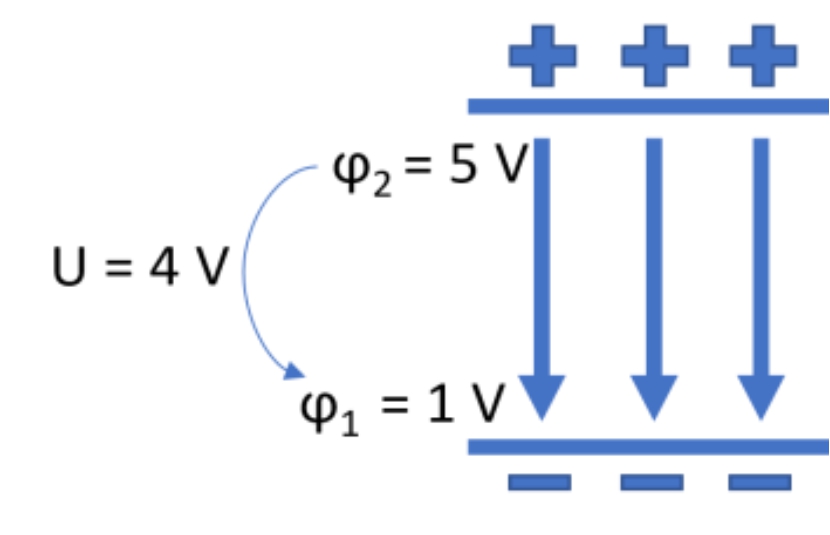
Font size:
Interval:
Bookmark:
Similar books «Arduino Without Prior Knowledge: Create your own first project within 7 days»
Look at similar books to Arduino Without Prior Knowledge: Create your own first project within 7 days. We have selected literature similar in name and meaning in the hope of providing readers with more options to find new, interesting, not yet read works.
Discussion, reviews of the book Arduino Without Prior Knowledge: Create your own first project within 7 days and just readers' own opinions. Leave your comments, write what you think about the work, its meaning or the main characters. Specify what exactly you liked and what you didn't like, and why you think so.

